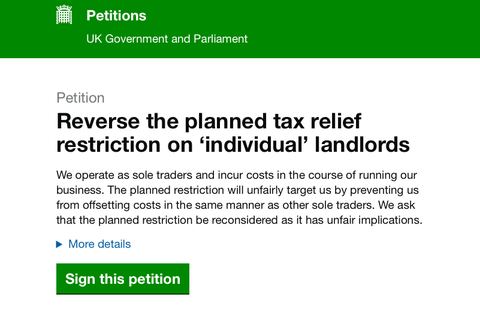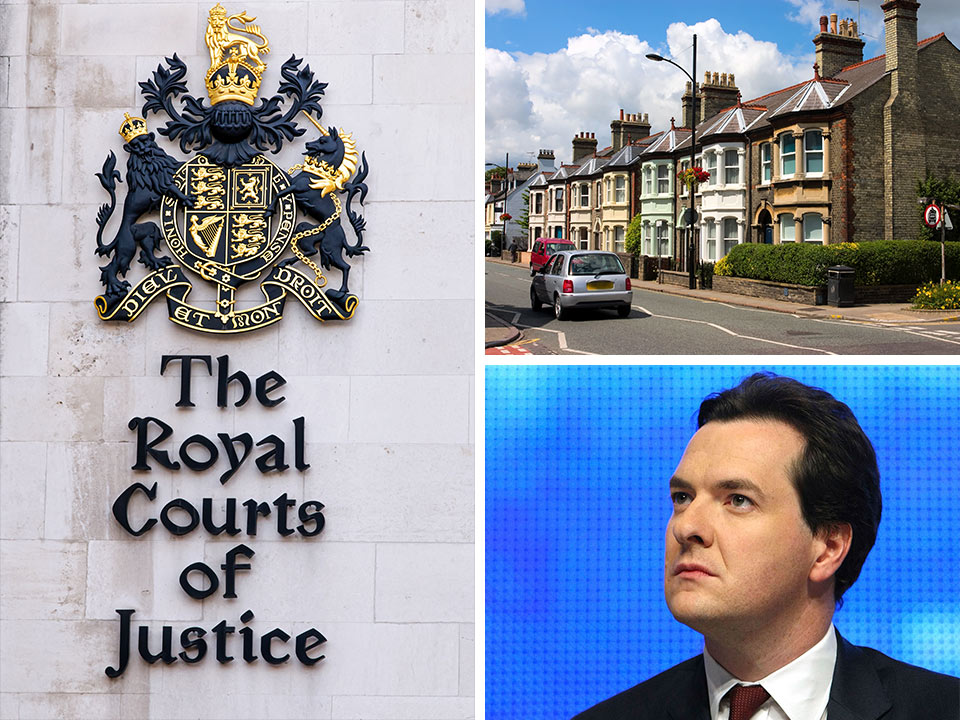 A move by a landlord’s organization, the Residential Landlord’s Association to overturn Chancellor George Osborne’s changes to landlord tax exemptions suffered a serious blow as its Parliament petition failed to attract sufficient support.
A move by a landlord’s organization, the Residential Landlord’s Association to overturn Chancellor George Osborne’s changes to landlord tax exemptions suffered a serious blow as its Parliament petition failed to attract sufficient support.
The petition, “Reverse the planned tax relief restriction on ‘individual landlords’” expired today without reaching the required number of 100,000 signatures necessary to be considered for debate in Parliament closing with only 60,894 signatures.
Begun six months ago, the motion sought to challenge Chancellor George Osborne’s reduction of Mortgage Interest Relief announced in his 2015 Summer Budget and Autumn Statement. However, enough support was obtained to warrant an official statement on the topic whereby the Government rejected claims that the proposed tax changes were unfair. In it’s response the Government added that the tax amendments were partly intended to reduce the tax advantages offered to property investors which were not shared by investors in other assets such as shares. The Government also claimed that only 18 percent of landlords are expected to be affected by the changes which are to be introduced gradually over four years beginning in 2017.
The petition’s sponsors, the Residential Landlord’s Association claimed that the tax changes were unfair and likely to result in higher rents for tenants as landlords seek to offset higher costs by increasing rents.
It is understood that some landlord groups are now seeking a judicial review of the Chancellor’s tax changes.


